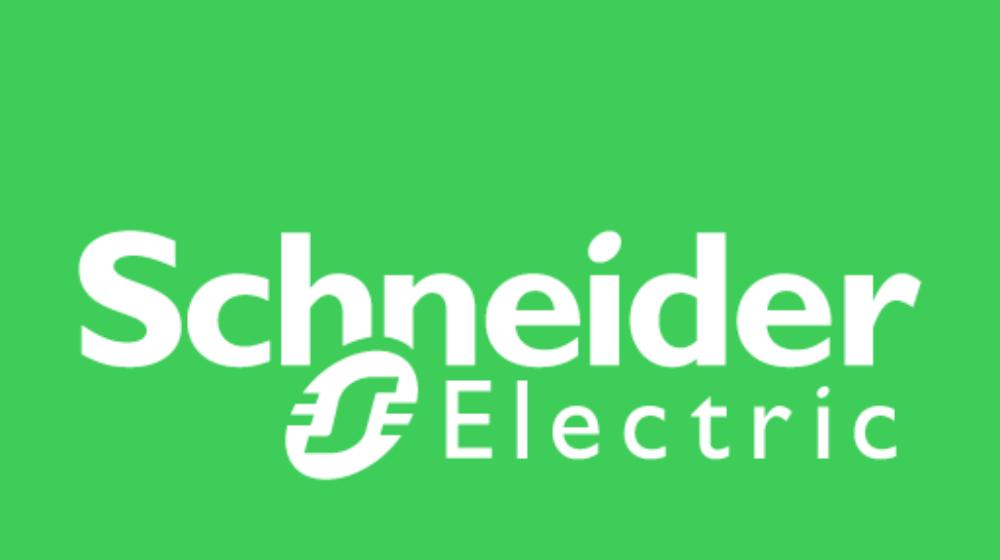He explains that Schneider Electric provides technology for energy management and automation, and that its key objective is to digitize its customers’ businesses through connected products such as circuit breakers, variable speed drives and energy meters.
Considering that these are products that connect to the physical world, McCutcheon explains that Schneider Electric is subsequently digitising the physical world, which then connects to the digital world, to help its customers optimise their businesses.
Schneider Electric also provides software that help with this, he adds, noting that the company’s technologies are integrated through EcoStruxure, allowing it to integration across different technology domains.
“We're able to not only integrate the power and energy domain of technologies, but we also integrate that across other disciplines, like automation, which really makes it simple for our customers to implement solutions that are integrated vertically as well as horizontally.”
Looking at the broad segments that Schneider Electric operates in, McCutcheon uses the building market segment as an example:
“Today, buildings are one of the biggest segments that consume energy, as they consume about 40% of the world's total energy.”
Schneider Electric also works in the information technology (IT) space, specifically around cloud and service providers and hyperscale data centers, as well in industry, which is a very energy intensive market segment.
Mining, water, wastewater, consumer packaged goods, manufacturing, life sciences and infrastructure are some of the other industries it focuses on.
“We require technology to automate the way in which we transmit, in the way that we self-heal electrical grids, and all of our technology enables customers to deliver energy and automation solutions across those segments,” he says.
COVID-19
McCutcheon says that a lot of businesses had to maintain their operations during the pandemic, and that this was no different for Schneider Electric.
“Things like health care, and data centers became increasingly important as we work remotely, and food supply had to continue. These were industries that continued to innovate and implement new technologies to maintain their operations during the pandemic,” he says.
Post-pandemic, however, McCutcheon says there has been an increased desire to continue the sustainability, efficiency, and cost reduction conversation.
“We’re definitely seeing that there's an interest in investing further to increase the efficiency of businesses,” he remarks.
Looking ahead, Schneider Electric says it has made “some serious commitments” towards sustainability.
“Our intention is to be carbon neutral by 2025 and net zero by 2050, and to do that, we need to help our customers become more sustainable as well. Therefore, over the next 12 months, we'll be partnering with energy-intensive industries and large manufacturers to work with them on their sustainability journey, how these businesses will be optimized, and how they can integrate with their suppliers in the value chain,” McCutcheon explains.
In addition, he notes that Schneider Electric will also work to support its suppliers to increase their efficiency and sustainability.
“A lot of this is going to be around digitisation. We've been starting to talk about electricity 4.0, which is parallel to Industry 4.0, and
Electricity 4.0 represents a future where everything is electric and digitally powered, leading us toward achieving a net-zero status as a business. We want to help our customers achieve the same thing,” he concludes, ” McCutcheon comments.
For more information, go to www.se.com/za/en/.




